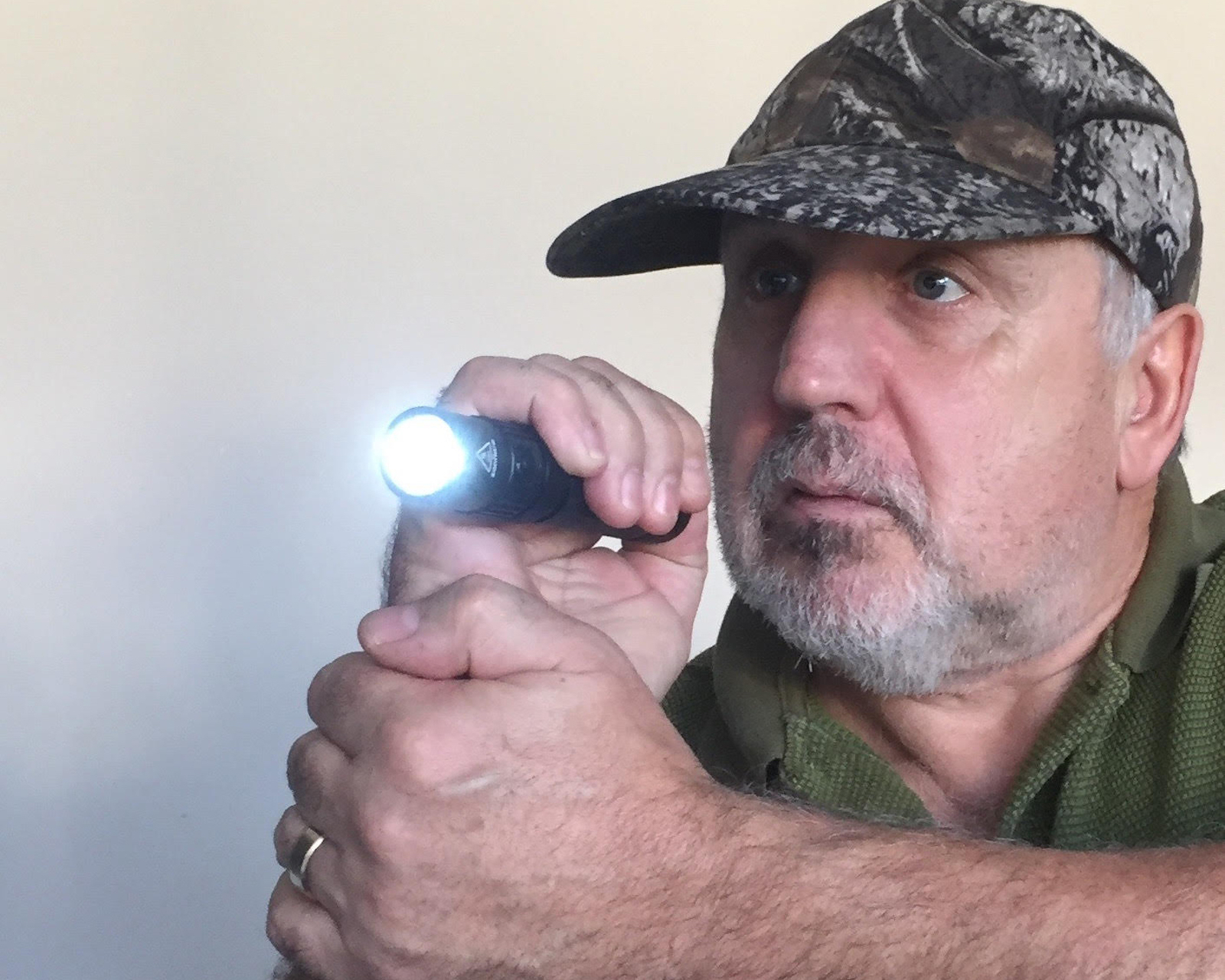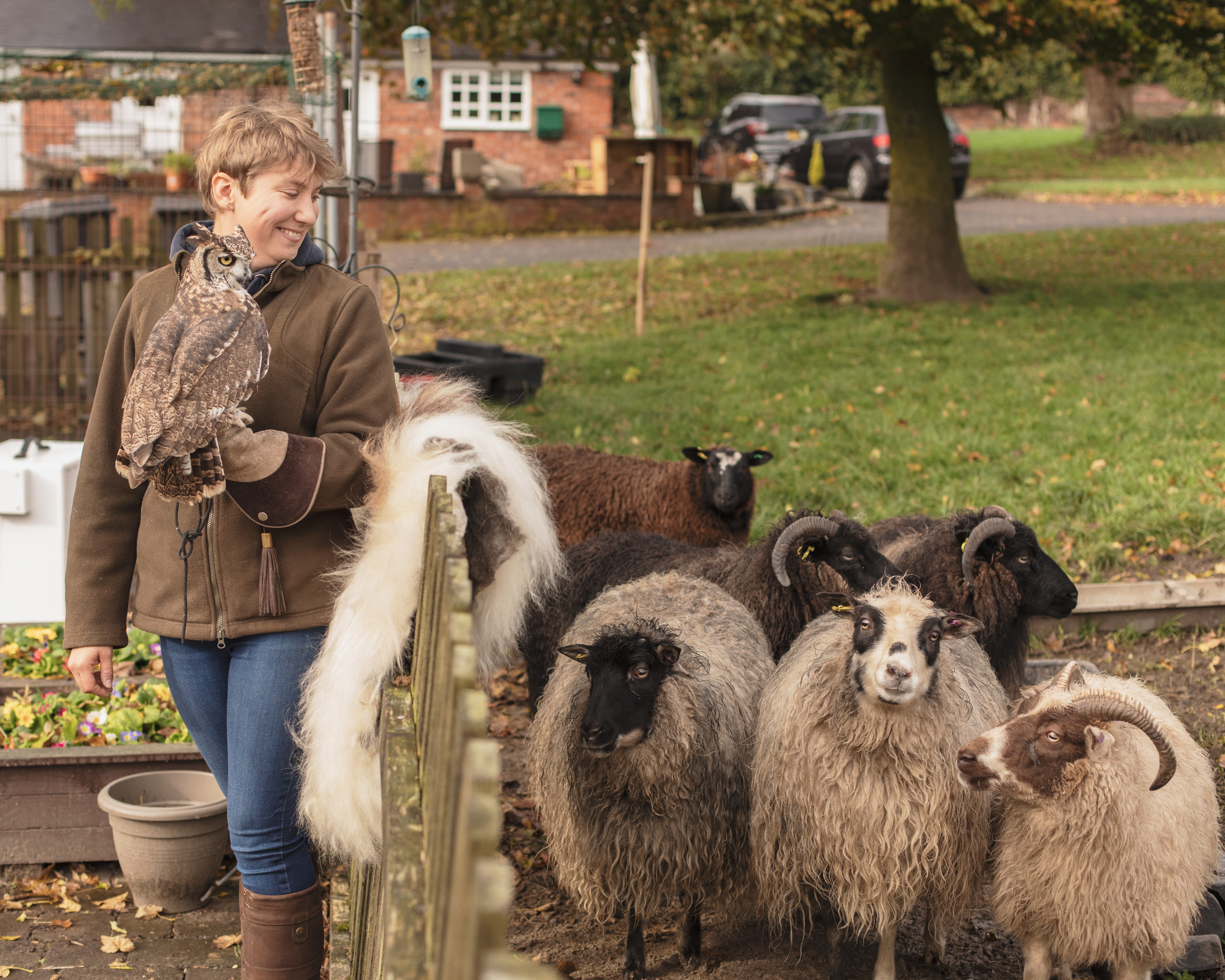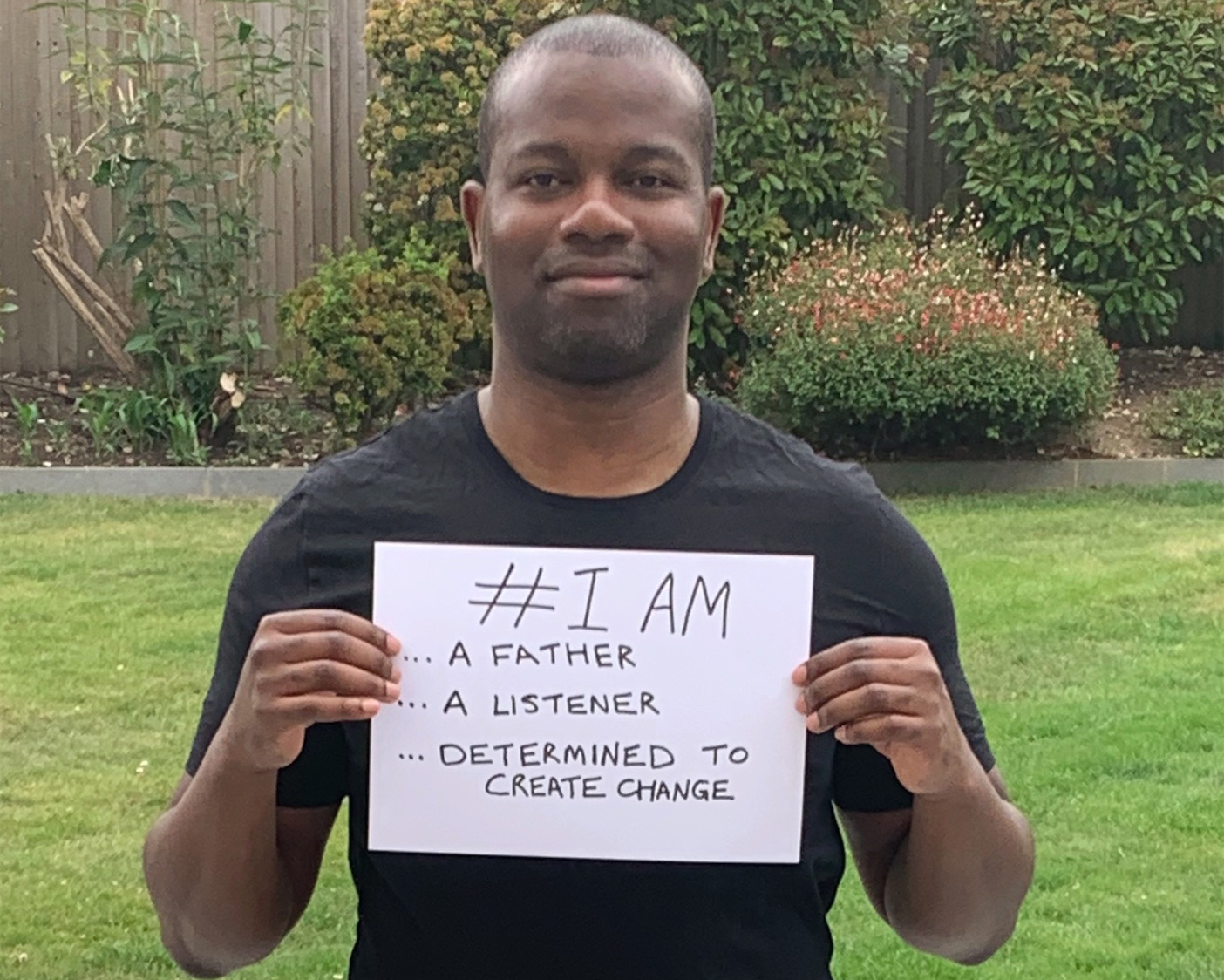"For me, being a prepper is just an enjoyable hobby that would allow me to survive a doomsday scenario."
By Chris Bethell
04 November 2020, 3:20pm

As the US waits to discover who’ll be occupying a big white house in Washington DC for the next four years, people in England are gearing up to spend at least the next month stuck in their own houses, as the country enters a new national lockdown from Thursday morning.
This lockdown differs slightly from the first – schools and universities will remain open; you can meet one friend outside, as long as you stay socially distanced; public toilets will remain open – but for the most part it’ll be exactly the same.
What might differ is how each individual chooses to experience it. With months of practice under our belts, will people do anything this time around that they didn’t back in March? I spoke to some to find out.
STEVE HART, UK
PREPPERSGUIDE

PHOTO COURTESY OF STEVE HART.
VICE: Steve, you're a prepper. How has that influenced your approach to lockdown?
Steve Hart: I haven't done a lot different to what I normally do. Prepping isn't just hoarding for a rainy day, it's more about skills. If you buy loads of bottles of water, for instance, what happens when they run out? Being able to filter water is much more important. Hunting, trapping and being able to live off the land are the more integral part of prepping. The American preppers take it to mean, “How many guns do I have,” whereas the British are much more like James Bond – a little bit more stylish; we just come in and get the job done. For me, it's just an enjoyable hobby that would allow me to survive a doomsday scenario.
Here's What Hardcore Preppers Think of Your Coronavirus Stockpile
BY ALESSANDRO PILO
What did you make of the panic buying in the first lockdown?
It was a bit silly, really, and people were buying all of the wrong things. The classic one is toilet paper, it's so ridiculous. Talking from a survivalist perspective, what happens when it runs out? Don't buy that! Buy yourself two or three cotton sheets and cut them up so you have little squares, like you would in the old days. Use them all up, boil them and use them again.
What would be your advice to people going into this second lockdown?
What you don't want to do is get yourself a full Sky package. Instead, you should be getting ten pounds of rice, some pasta, some sauce to keep you personally going. It's good to build up a stock as you do your normal weekly shops – picking up extras on buy-one-get-one-free deals, it's easy to build up a month’s stock of food without panic buying. This can be useful for short-term emergencies, like if you’re suddenly made redundant.
ORYANE YUNGU, STUDENT IN BANKING AND INTERNATIONAL FINANCE

PHOTO: CHRIS BETHELL
VICE: Are you worried about lockdown 2.0?
Oryane Yungu: Personally, I'm not too worried, as I really enjoyed the first lockdown. It allowed me to really focus on myself, which was helpful for me and my studying. I also like my flatmates, so I'm not worried about spending time with them. I know some other people have it quite differently, though. It's not always great on the mental health front for them.
What are you doing to prep for the next lockdown?
I'm buying extra clothes so that I don't have to do the washing as often, but then extra laundry detergent and canned foods, freezer goods and cleaning products, so I don't have to go to the store that often.
LIBBY JACKSON, OWNER OF THE FEATHERY FOLK AND EDGE VIEW FLOCK AND FLEECE

PHOTO: CHRIS BETHELL
VICE: What were you doing before the first lockdown?
Libby Jackson: Before lockdown we had a very busy summer ahead of us – I run a falconry company called The Feathery Folk, and normally from Easter time onwards we ramp up all of our events. We do country shows, school fairs, small shows and, until this year, we had a contract doing a medieval festival in Anglesey, among many other things. Summer is usually absolutely crazy and is about 70 percent of my income.
How did the first lockdown affect you?
Our first events usually start in Easter, and as that approached our clients started postponing. When lockdown hit I had two of the most depressing weeks of my life, where literally every single booking up until September cancelled. There was definitely a moment of, ‘What the hell are we going to do now?’ Luckily, I'd started doing a few days over the winter at Glebe Farm, where I fly the birds, and also where I have my paddock, in which I do all of the encounters with them. I bought a flock of sheep simply to mow the grass for me; they eat all of the thistles and weeds so I don't have to put weed killer down.
Students Sent Us Photos of the Meals They’re Being Given in Quarantine
BY IMOGEN WEST-KNIGHTS
The emotions have been so strange. We've had to diversify, but there's only so much I can do with my birds remotely: having an owl flying over little kids while they're all going “woah” can't be replicated online. So I parked this and threw my energies into other things.
What have you done instead to prepare for lockdown 2.0?
It's always been a long-term ambition to own sheep – literally, since I was a teenager. My flock are rare breed Icelandic sheep, and they have a really interesting fleece; it's double layered, so there's a really soft under layer and an outer tog, which is a long fleece. Icelandics are one of the first to be domesticated, about 1,000 years ago by the Vikings. I was really keen that, when I got the sheep, I wanted to do something with their wool, because it would be such a waste otherwise.
I'm not a knitter, but I am practical – I discovered that you can take a fleece straight off the sheep and felt the back, keeping it all together as one piece. So it comes out like a sheepskin, but it's just the fleece, and no harm to the sheep! I began making a few rugs from my own sheep, just to see how they went, but then got some wonderful feedback from the people I showed. Everyone liked them, so we decided to run with that and expand it. It doesn't rely on me being there in person in front of people. I'm hoping Edge View Flock and Fleece will keep us going.
JUSTIN ONUEKWUSI, SET UP AN ONLINE SCHOOL TO HELP BLACK YOUNG PEOPLE

PHOTO COURTESY OF JUSTIN ONUEKWUSI.
What have you been doing to prep for Lockdown 2.0?
Justin Onuekwusi: I'm a big driver and thinker about diversity and inclusion in the finance sector and beyond. Within this area I’ve supported my partners, Gavin Lewis and Andrien Meyers, who’ve led the development of an online after-school programme for children of around 14 years old. We've also developed a virtual mentoring programme for people who have just started out in the industry who are looking to navigate the corporate sphere.
The focus of the school programme is on social mobility, so we're trying to target areas where there is low social mobility and give kids the chance that they wouldn't necessarily have had otherwise. And then the mentoring programme is focusing on people from ethnic minorities who are struggling to get any representation within the investment and savings industry. We get Black role models to mentor people who are starting off in the industry.
Can you tell me about where the idea for the projects came from?
We always wanted to run the school programme – the two instigators of that are members of a group I sit in called #talkaboutblack, in which we try to be open about the challenges and solutions to create greater representation in the corporate sphere. We always wanted to run it after school, going out into communities and bringing kids into our offices – kids that would never have had the opportunity beforehand, but then lockdown struck and we had to rethink.
We decided to make this virtual instead, and got over ten different partners to support the programme and to help deliver it online to the students. Making it online has made it very scalable, too – being from Manchester myself, I recognised that one of the problems before was how we could increase the scope beyond London. Going virtual means we can reach out to those communities where getting access would have been much more difficult previously.


No comments:
Post a Comment